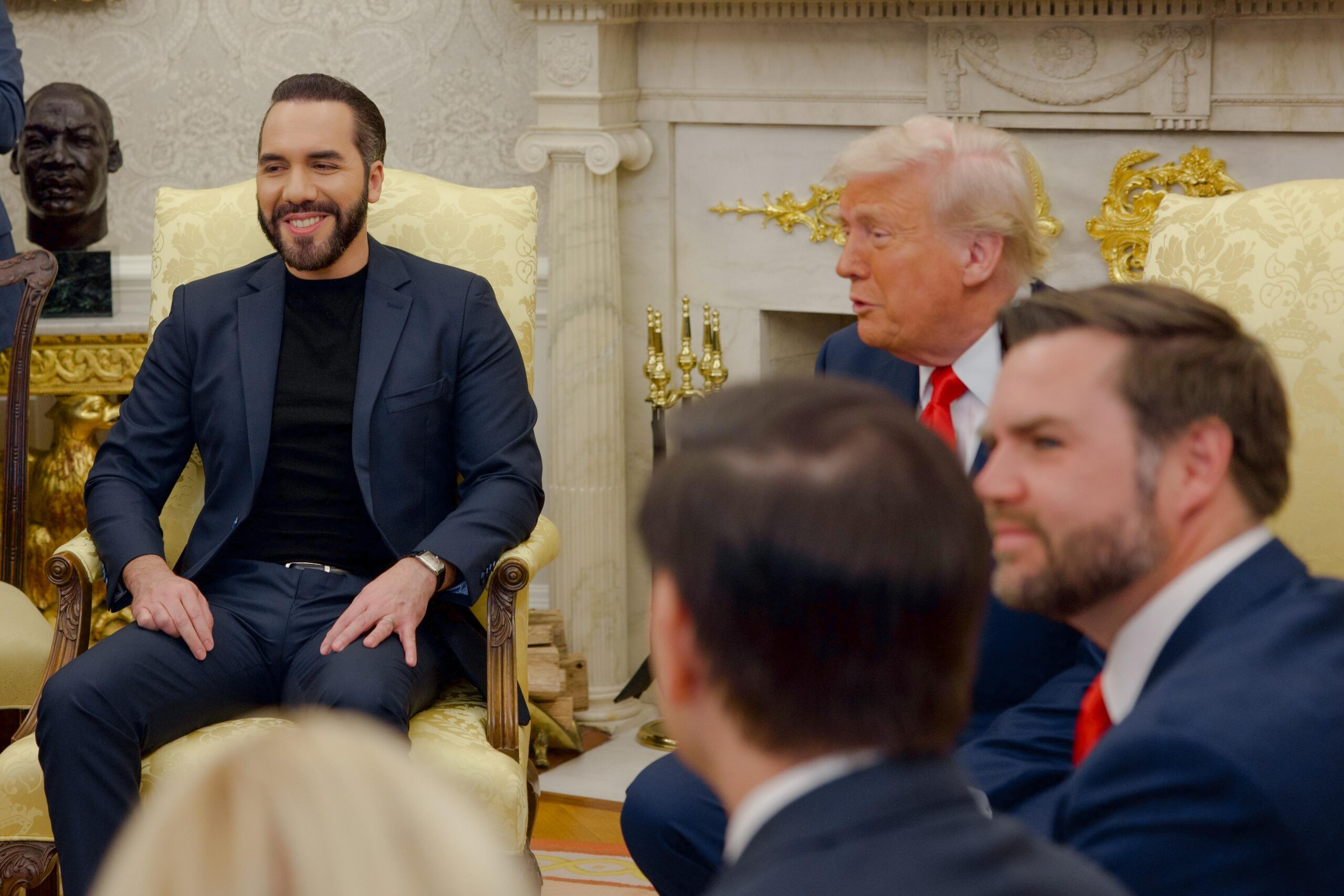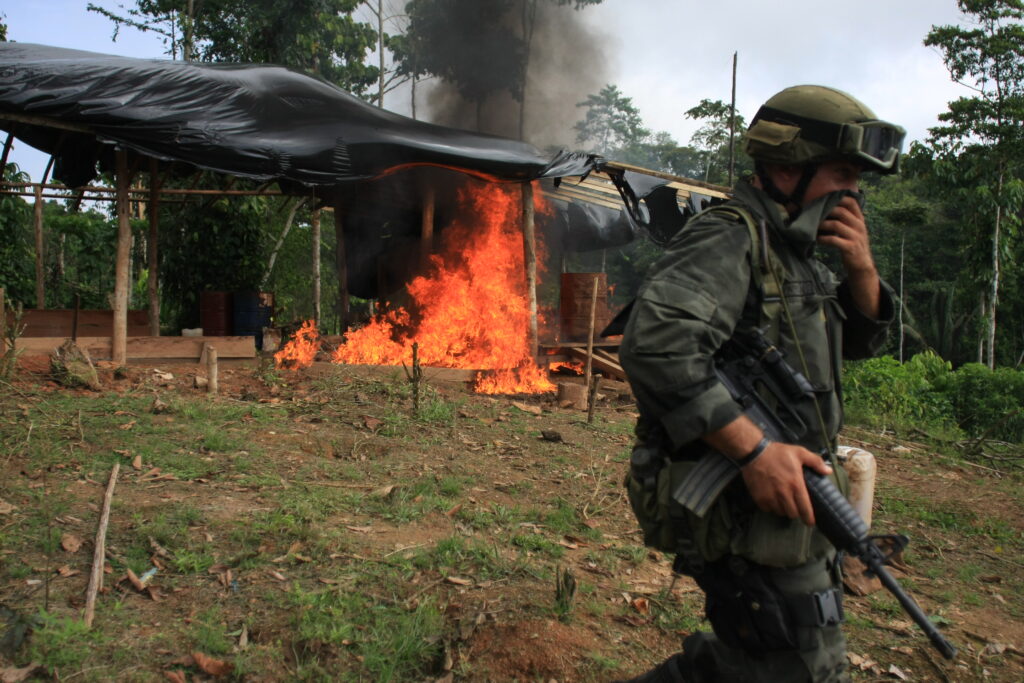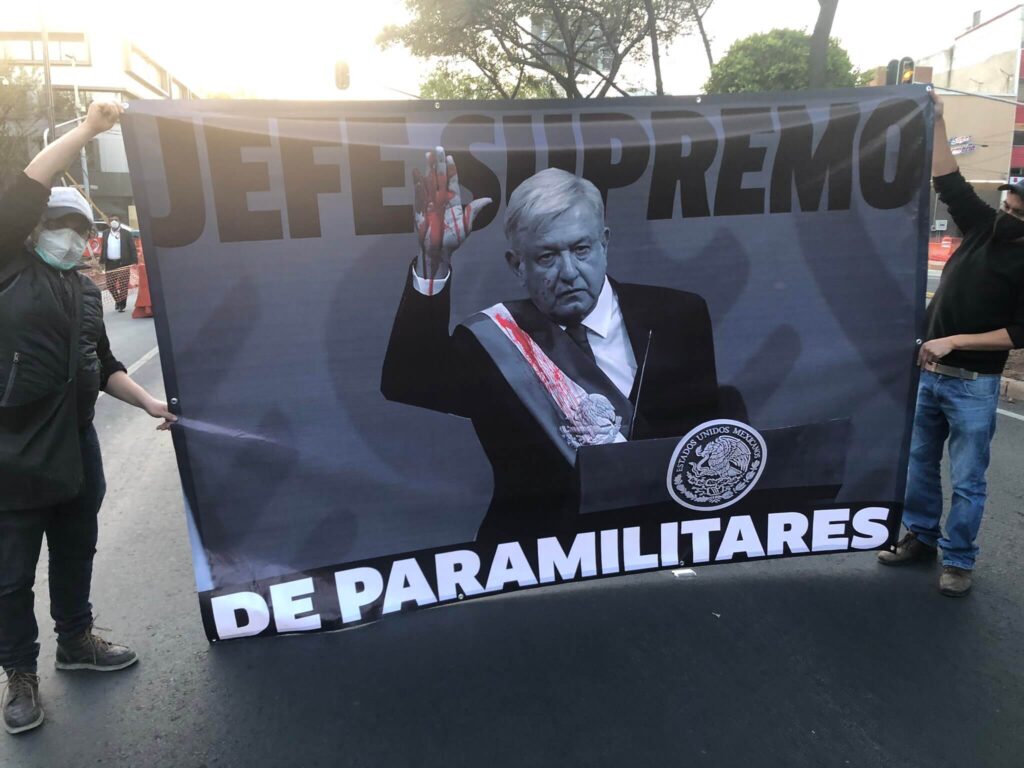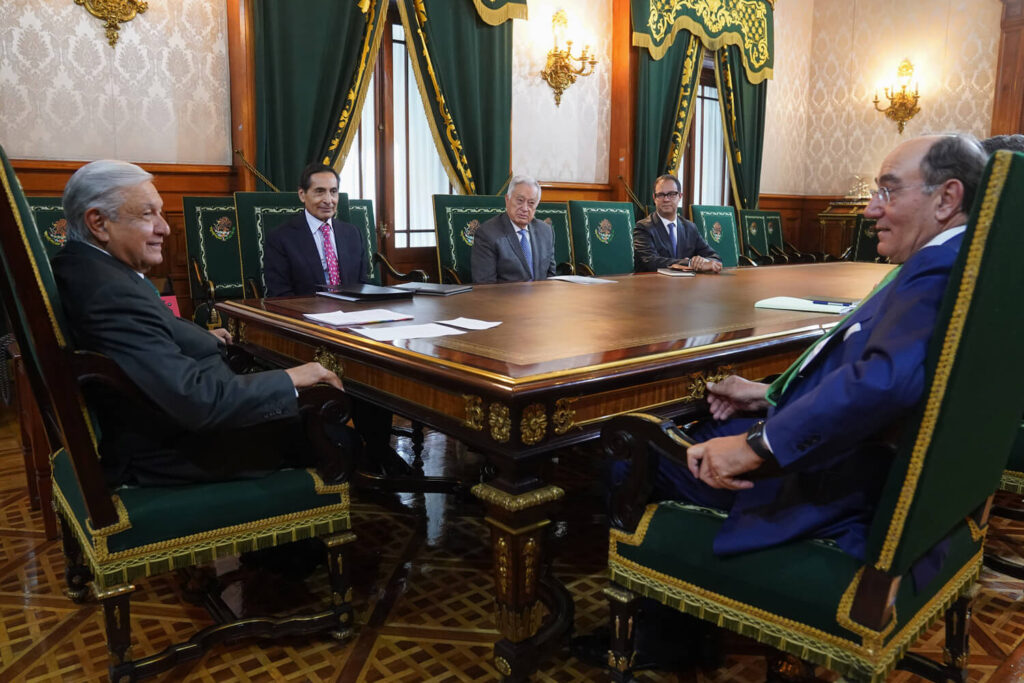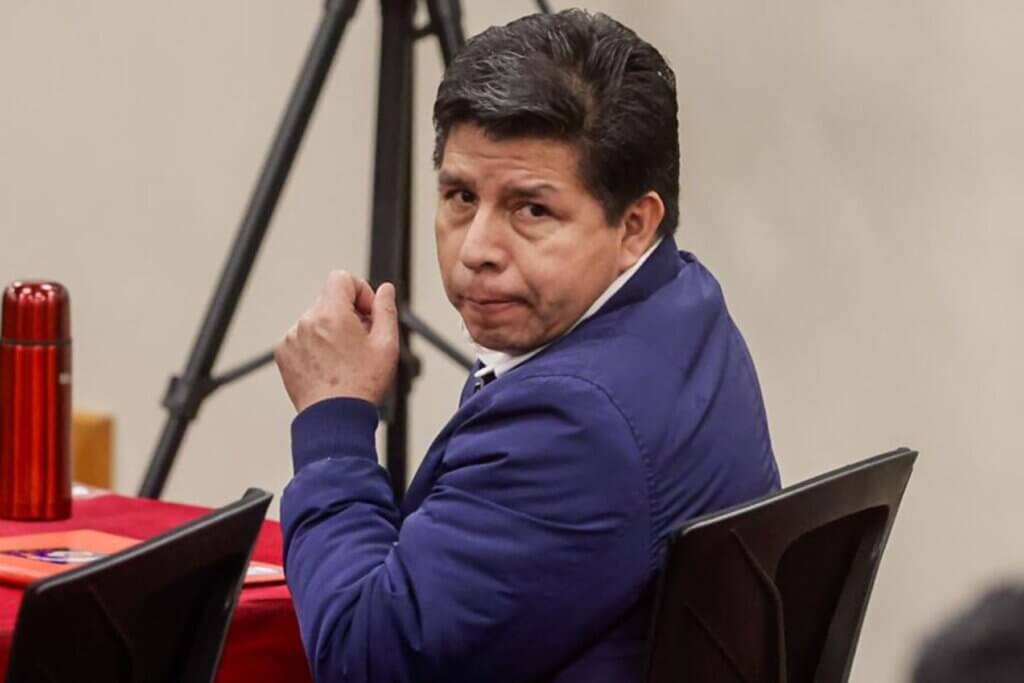The U.S. released a pared-down version of its annual human rights report, softening criticism of allied countries and scaling back on coverage of issues such as women’s rights, climate change, and LGBTQ+ protections.
One of the reports is about El Salvador, which seemingly dismisses claims made by groups such as Amnesty International that “serious human rights violations” are taking place under Nayib Bukele’s government. The U.S. government claimed in the report that “there were no credible reports of significant human rights abuses,” in the country.
Amnesty International is not alone in its concerns. Human Rights Watch (HRW) has also documented “widespread abuses, including mass arbitrary detentions, enforced disappearances, torture, and ill-treatment of detainees, and due process violations,” under Bukele.
The report also claims that “The [Salvadoran] government took credible steps to identify and punish officials who committed human rights abuses.”
Despite El Salvador ranking 135 out of 180 countries for press freedom, and reports that approximately 40 journalists have fled the country, the Trump administration claims that the country’s constitution “provided for freedom of expression, including for members of the press and other media, and the government generally respected this right.”
Noah Bullock, director of human rights group Cristosal, told Latin America Reports that the NGO has “documented systematic prison torture through testimonial, forensic and documentary evidence,” which he says is linked to “at least 400 days- likely many more.”
Cristosal were forced to shut down operations in El Salvador in July 2025 due to the organization’s “clear targeting” by the Bukele government, which has forced its members to choose “between exile or prison.”
Bullock continued: “No officials have been held accountable; instead, the justice system has shielded perpetrators, even in cases brought by victims’ families.”
He alleged that the U.S. State Department has a “vested interest in denying human rights abuses in Salvadoran prisons, which — under U.S. contract — were responsible for the detention and forced disappearance of hundreds of migrants, many of whom have reported torture upon release.”
Earlier this year, the Donald Trump administration paid Bukele’s government $6 million USD to detain hundreds of Venezuelan deportees in the country’s “mega-prison,” CECOT. The men were released in July, and described “[living] through hell,” and being treated “like animals.”
Read more: El Salvador confirms that Venezuelans deported from U.S. remain under Trump’s jurisdiction
Ana María Mendez, the Central America director for The Washington Office on Latin America (WOLA) also told Latin America Reports that the State Department’s assertion that freedom of expression is “generally respected” in El Salvador “is inconsistent with the reality on the ground, and appears more in line with their political support for the Bukele administration than an honest assessment of the human rights situation in the country.”
Mendez explained that, while the Central American country’s constitution does formally protect freedom of expression, “recent developments demonstrate that, in practice, the right has been severely compromised,” pointing to the dozens of journalists who have left El Salvador.
Read more: El Salvador journalism association condemns “mass exodus” of reporters
She also criticized the Foreign Agents Law, which was passed in May by the Salvadoran Legislative Assembly and requires that people and organizations receiving funding from abroad register themselves as “foreign agents.” The law also imposes a 30% tax on financial transactions or donations that these “foreign agents” receive from abroad.
Mendez stated that the 30% tax, which has affected entities such as NGOs and media organizations, has “severely impeded independent reporting.”
“Additional constraints include laws threatening journalists with lengthy prison sentences […] along with the broad use of the state of emergency to curtain constitutional rights and judicial independence,” she added.
Artur Romeu, the Latin America director for Reporters Without Borders (RSF), told Latin America Reports that there is an “ongoing crackdown on the press in El Salvador.” He explained that, when RSF spoke to journalists in the country’s capital of San Salvador in March, “the fear of judicial proceedings and arbitrary arrests was palpable among dozens of reporters.”
Romeu continued: “Since then, hostility has intensified, and several have been forced to leave the country.”
“Restrictions on access to information, a public posture from senior officials marked by constant attacks on the press, and the use of state media as a propaganda tool further underscore the fragile conditions for the free practice of journalism,” the director also stressed.
The Americans’ limited criticism of El Salvador comes a week after a government spokesperson told EFE that the Trump administration would respect El Salvador’s elimination of presidential term limits.
Featured image:
Image: President Bukele’s State Visit to U.S, 2025
Source: Wikimedia Commons
License: Creative Commons Licenses


